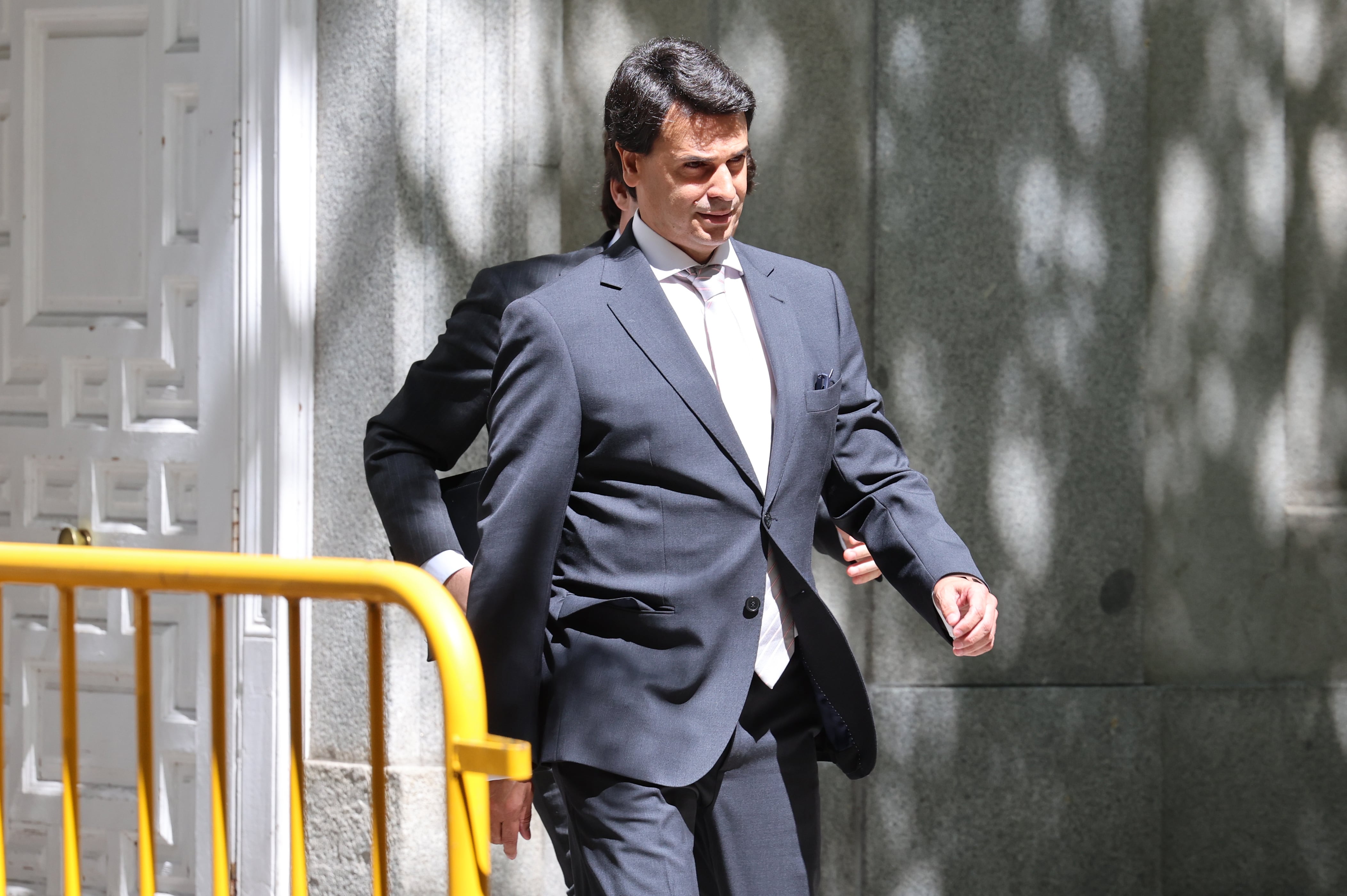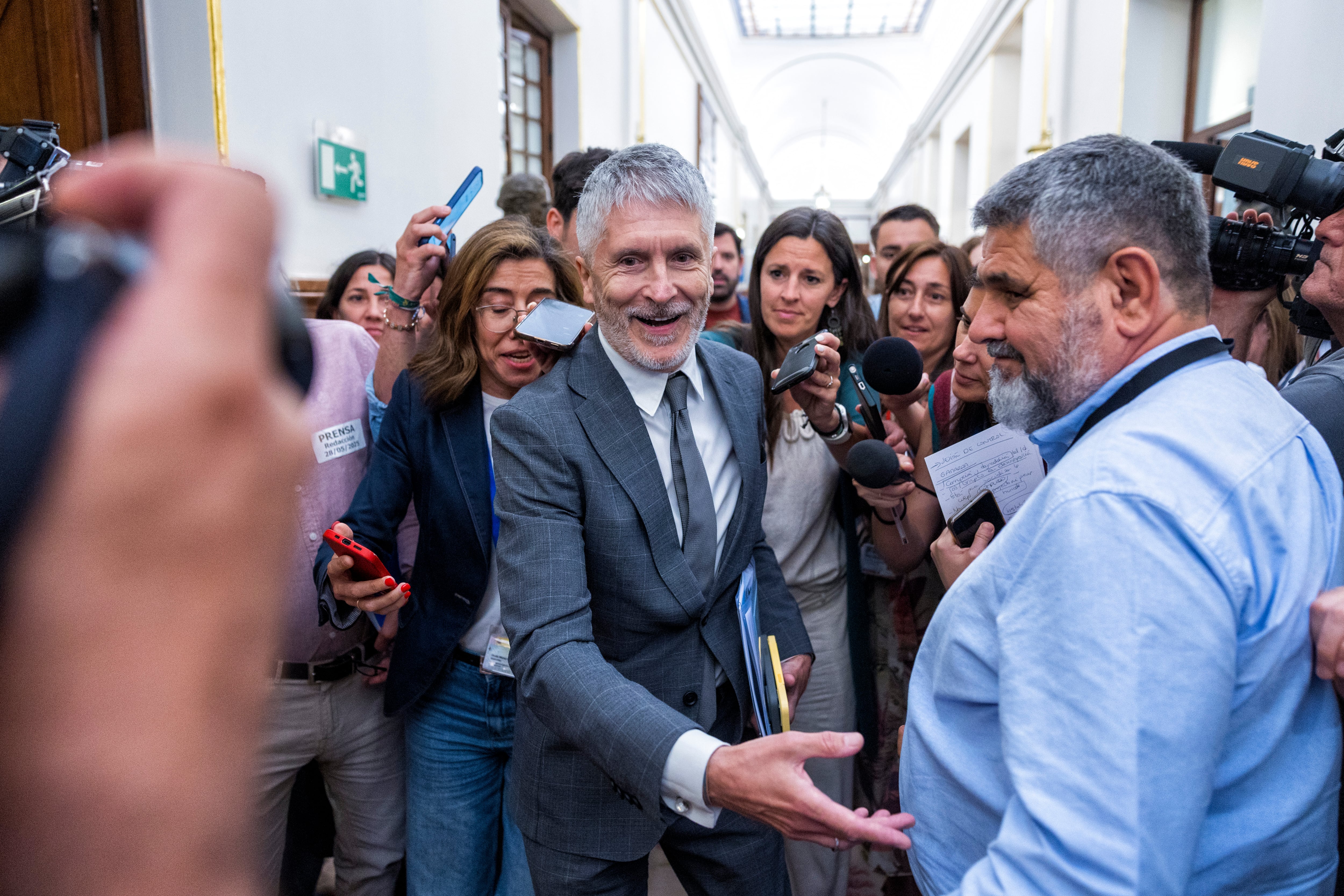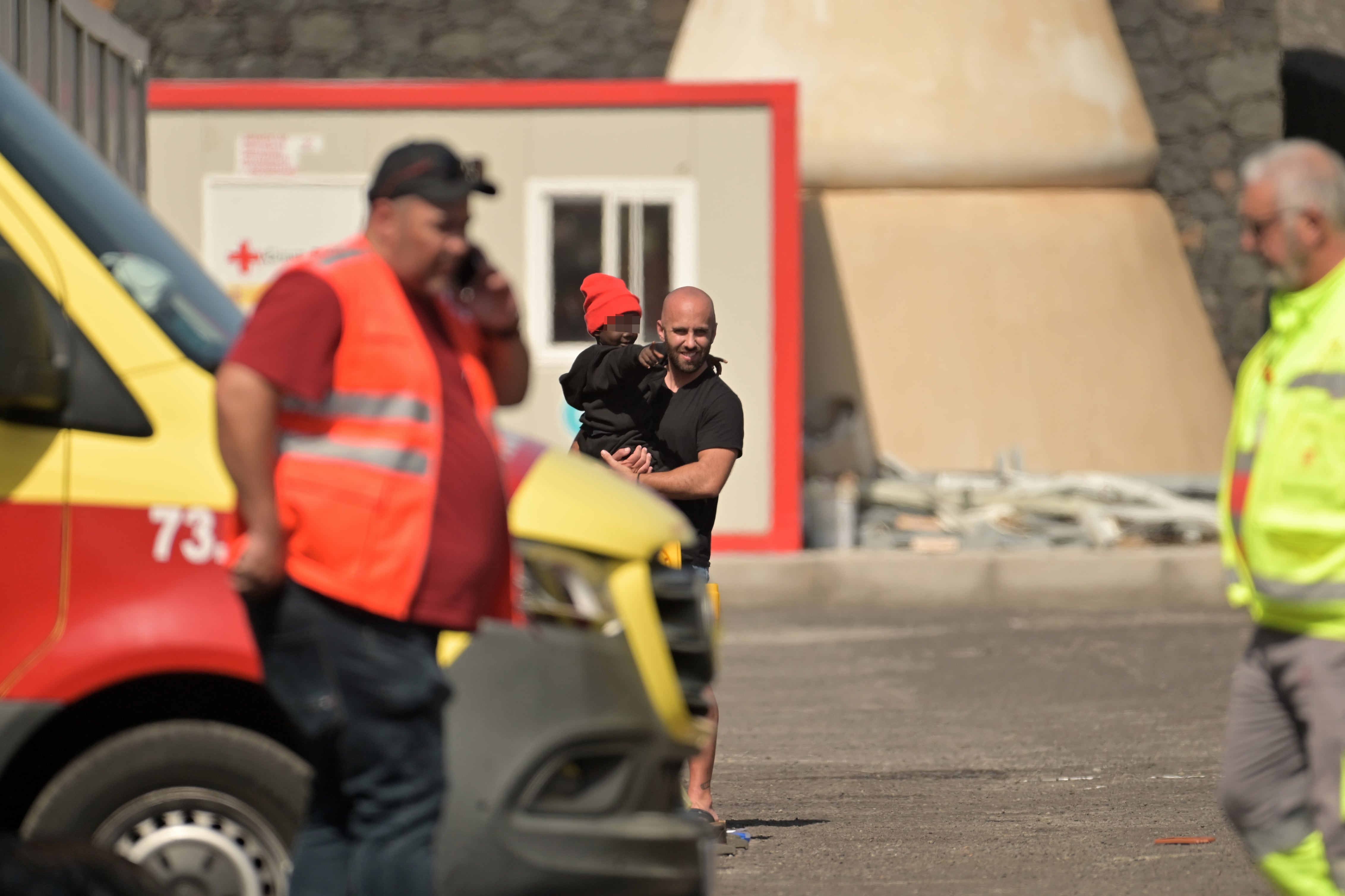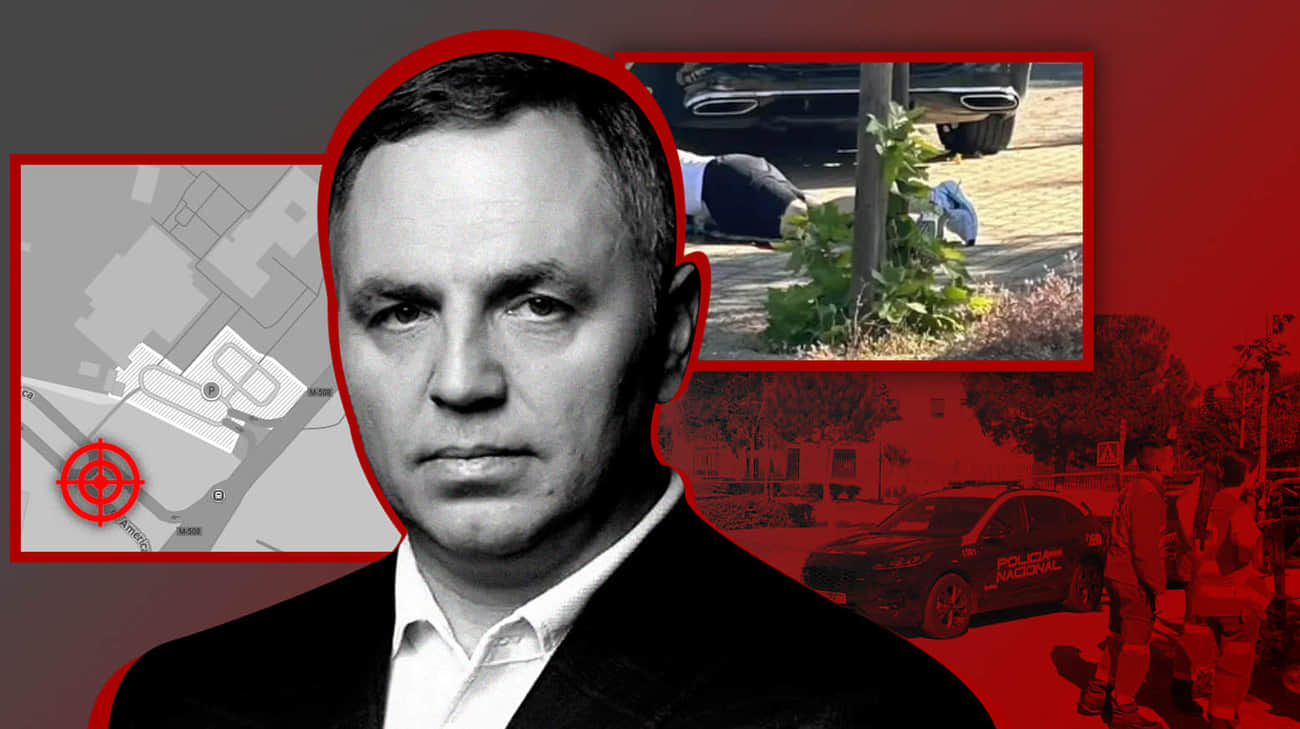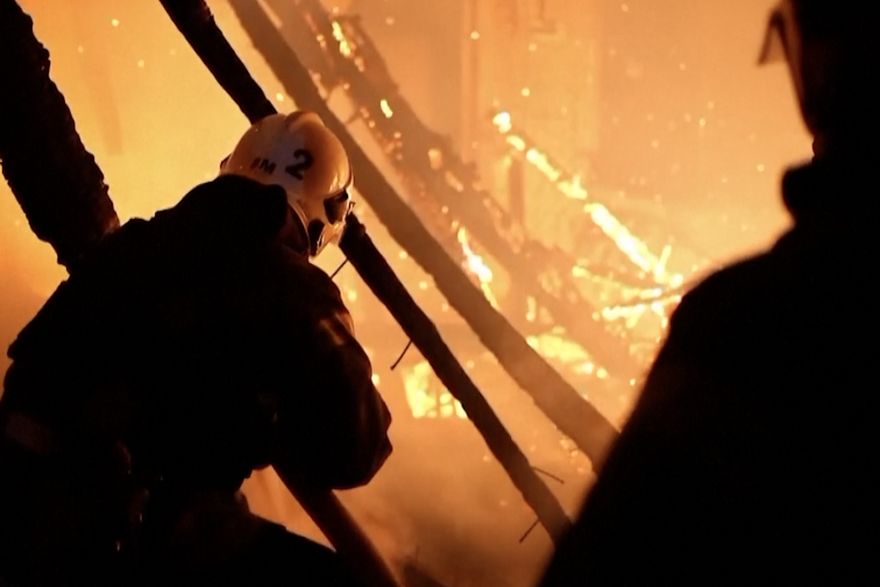Senegal peoples bet on the children of the Cayucos | Spain
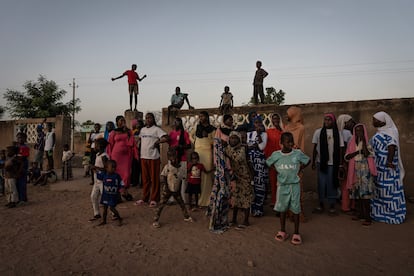
Arfang Sarr, 39, gets up early to fish squid. It is a hard work that barely gives to keep your family, but in this remote people of Falia surrounded by the sea there is little else. In the air the heaviness of humid heat already floats, but that does not prevent his wife, Rokhia Ndong, to follow the traces marked on the sand road that leads to the well with little Lala on his back. His hope of a better life lies 1,500 kilometers away and is called Ibrahima (fictional name), the 15 -year -old son who four months ago got into a Cayuco and who lives today in a minors in Gran Canaria. In Spain, The almost 6,000 minors welcomed in the Canary Islands are the center of a social and political debate; In the towns of Senegal, they are the future.
It was sheltered at night. The boat was already bursting from people from Mali and Gambia, but Ibrahima and four other young people found their hole. This Rincón del Delta section of Sine Salouum, about four hours south of Dakar, has become the last year in the epicenter of Cayucos’s departure from Senegal to the Canary Islands. The place is conducive: a dédalo of islands surrounded by mangroves where surveillance is scarce and fishing boats are part of the landscape. Last March, the mayor was arrested for participating in the organization of these clandestine trips. But, in the absence of employment and opportunities, nor the weight of the law discourages young adventurers.
Colly Bop wakens your opportunity. Three of his brothers are already in Spain and with the money they send are raising the new family home. Whole falia is under construction. Here and there, the houses financed by the emigrants stand out for their outer tiles, for their size, for their splendor. « I worked 15 years in a Spanish ship and spent seasons in Bermeo. With what I won I could start building, » says Youssou Sarr while pointing a mansion still naked paint, but already imposing. « We are 10 adults and a lot of children, I need cabins to put them all, » he adds with a smile. Just in front of Sele, 17 years old. He is one of the boys who left with Ibrahima.
« We are aware of the risk, » says Fadel Sar, a technician in development projects, « but the temptation of the trip is powerful. » « The boys see all that richness that comes from the other side of the sea and know that staying will not allow them to prosper. To put it with other words that may sound very hard, these guys are like an investment and every investment involves a risk. » In the deepest Senegal, the narrative of emigration is not dominated by the drama of an uncertain trip, as occurs in Spain, but by the achievements of emigrants, of those who They get and establish themselves. In Spain there is much talk about dangers and dead; In Senegal, on the contrary, it is the living who are very present.
Even Colibantang, in Senegal’s interior arid, does not arrive the smell of the sea, but the stories he hides. « Look, look, » says Babacar Sy, « This is the new school that the emigrants built. » « Like the mosque and the hospital. They have paid everything. » His sister, little Mariama (fictional name), left two years ago in Cayuco when he was barely 13 years old. Sola, came into contact with a Thiés travel organizer, sneaked into the carriers of a car and sailed from Mbour. Seven of his travel companions died before arriving in the Canary Islands. She got it crouched in a hole at the bottom of the boat, the same hole where cookies and cuscus, their only food. Today he shines as a student in an institute in Gran Canaria and treasures the 10 euros of weekly allocation to send them home.
When the sun falls, Mariama’s family meets in the central courtyard of the home to talk to her by video call. Their faces are lit with joy. The children flutter around because they want to see the one who one day went to Spain. Babacar Sy, head of the family from the death of his father, dreams of the day his situation improves, with being able to buy a horse to plow the earth and pull the car that takes them to the field where they grow, to fix the clay cabin destroyed after the last rainfall station. But he knows what to wait. « She cannot charge the family situation and is still very young. It is our hope, but you have to be patients, » he says.
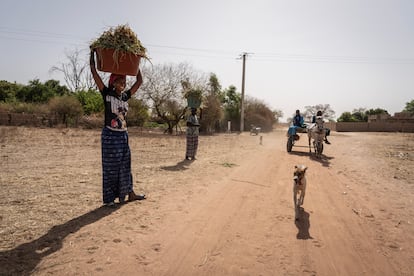
Not all families are so understanding. Many children live with anguish family pressure. « I’m never going to forget them, but I need time to fulfill my dreams, » says little Mariama. As the number of emigrants increases, those money remittances are increasingly important: according to data from the Senegalese government, every year about 2.4 billion euros from abroad enter the country, especially France, Spain and Italy, which represents 11% of GDP. In the interior villages, where the State invests less, this capital supplies many deficiencies and helps reduce poverty. Today, the generalization of mobile money makes shipments more fluid and totally informal.
In Bargny, less than an hour from Dakar, the Koranic Professor Modouye shares a house with seven other parents. In total, there are about 30 people. Brothers, children, cousins and nephews enter and leave all the time of the different rooms in a bugurrillo of women who cook and feed their babies while the children combine studies and work with their parents from the age of eight. There is everything, fishermen, carpenters, welders and even a policeman. From the beach behind his home, where they rest more than 200 Cayucos, a day Mamadou (fictional name), son in just 12 years, following the steps of his older brother. Both are today in Tenerife.
« At first the boy did not want to try, but all his friends left, » says Papeye, uncle from Mamadou, « one of those Cayucos was ready to sail one night and got on the post, a pants and a shirt. » “It was summer and said nothing to his family. He was not afraid, we are a family of Lebous (Traditional fishermen), the sea is our house. ”In Bargny the vast majority of families have a son or brother in Spain.“ Fishing is no longer what it was, it is increasingly difficult and people survive thanks to emigrants. Do you see those cobblestones on the street? We put them thanks to them, who organized and sent money, ”adds Ndoyo.

